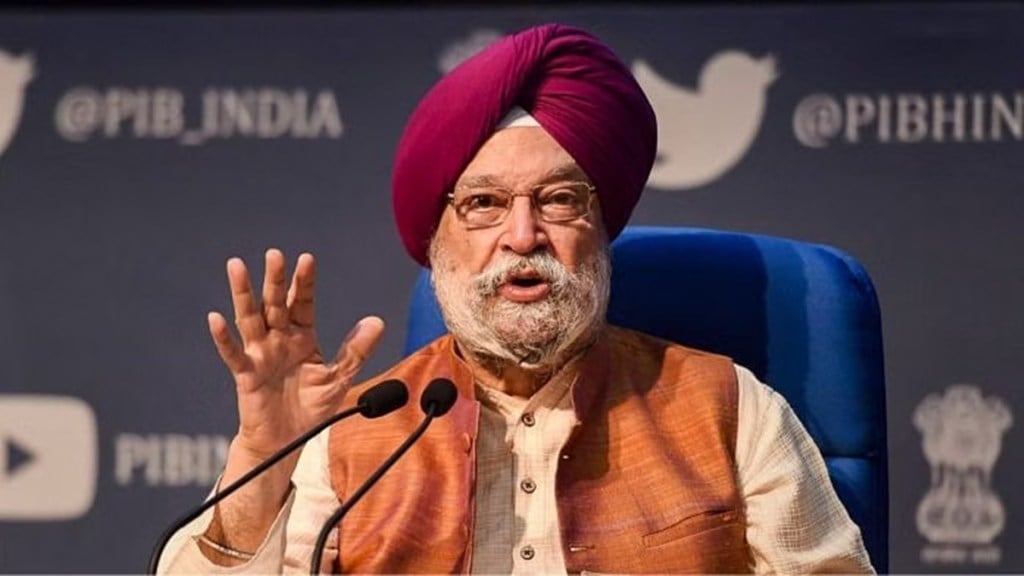Oil minister Hardeep Singh Puri said on Thursday that the prices of petrol and diesel could be cut in the coming months if (crude) prices remained at current levels. “If things remain like this, I think moving forward in the next quarter there is scope for reduction,” he said.
Crude oil
Brent crude prices were hovering around $68.96/bbl on Thursday. India has kept diesel and petrol prices unchanged since March 2024.
With Venezuelan crude already under US tariffs and Russian flows potentially facing similar restrictions, Indian refiners are likely to diversify oil supplies further primarily from the US, Brazil, West Africa, and the Middle East.
India’s crude oil inflows from the US surged more than 50% in the first half of 2025, compared with the same period of 2024, while flows from Brazil rose 80% over the same period, as per data from the S&P Global commodity Insights.
According to data from S&P Global Commodities at Sea, India imported 271,000 barrels per day of crude oil from the US in the year’s first half, up around 51% from 180,000 b/d imported in the same period in 2024.
Imports
India currently imports energy worth $15 billion from the US and may increase it to $25 billion.
India is also doubling down on domestic oil and gas exploration as it targets to reduce the country’s dependency on energy imports. The government has opened up 2.57 lakh square kilometres— biggest ever—for bidding under the 10th round of the Open Acreage Licensing Policy (OALP). A total of 22 states are participating in the exploration drive.
“We had 3.5 million sq km of sedimentary area. We’ve already opened up 1 million sq km, including previously declared no-go zones,” Puri said.
The government is also encouraging more private and global participation in the country’s oil exploration drive by compensating technical partners for surveys and offering first right of refusal on finds. “Petrobras is working with Oil India. We will pay them for services, and if oil is struck, they get priority,” he said.
The changes have been formalised under the revamped Overhaul of Oilfields Regulation and Development Act which introduces a single permit system, stability in lease conditions, and removes archaic clauses that hindered investment. “It’s not about changing laws in Shastri Bhavan. We did wide stakeholder consultations, took global best practices, and made the changes,” Puri said.


